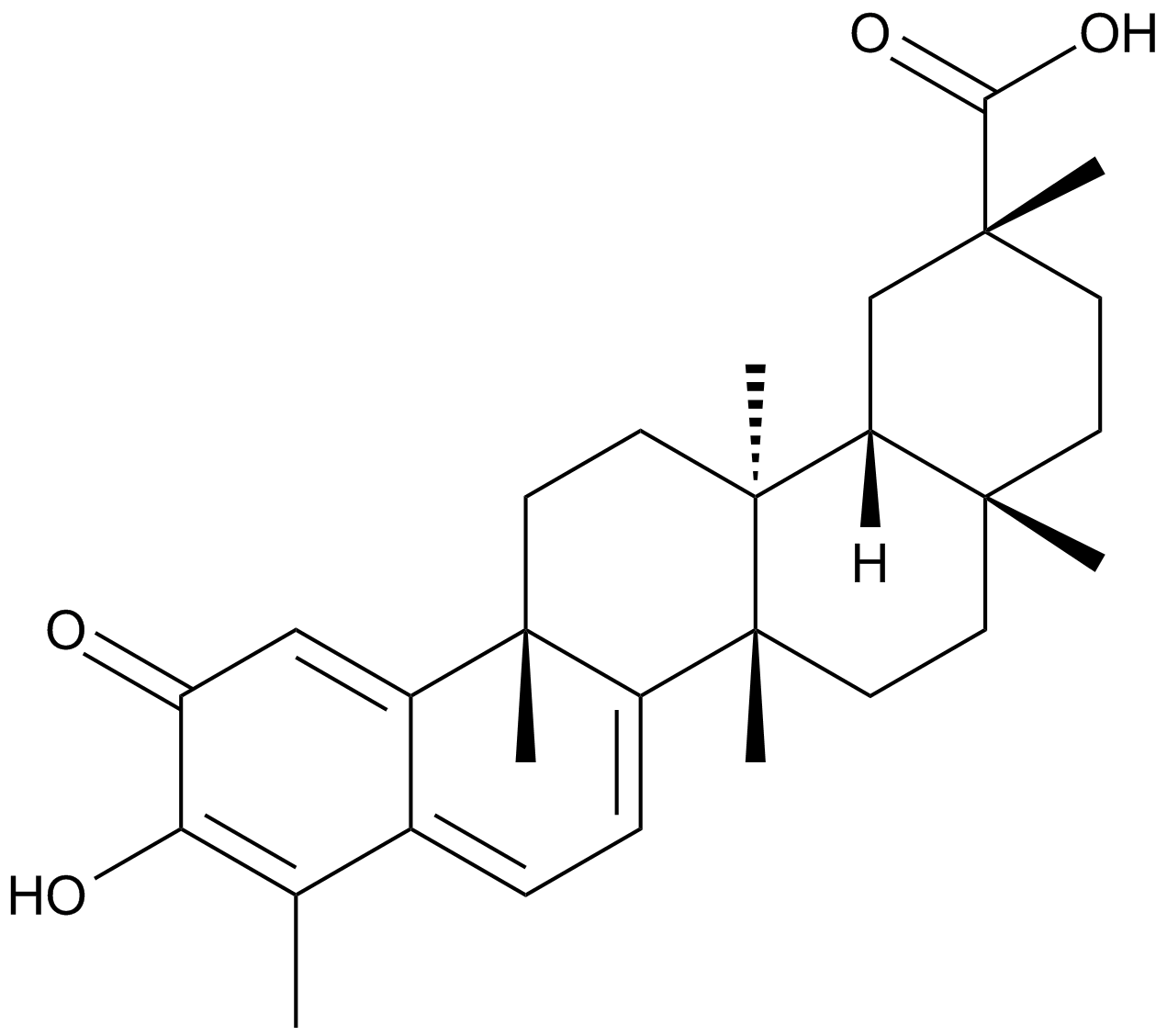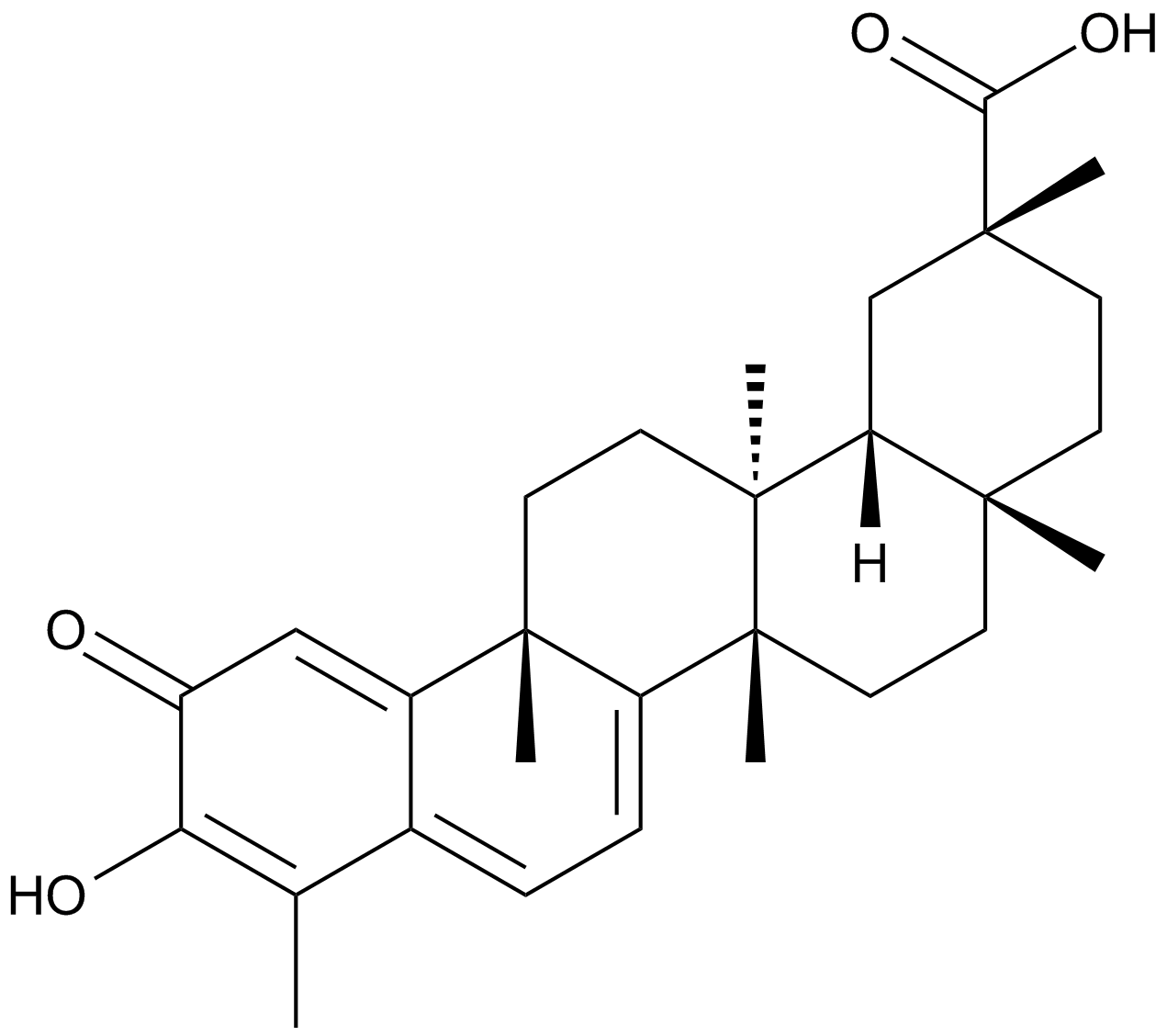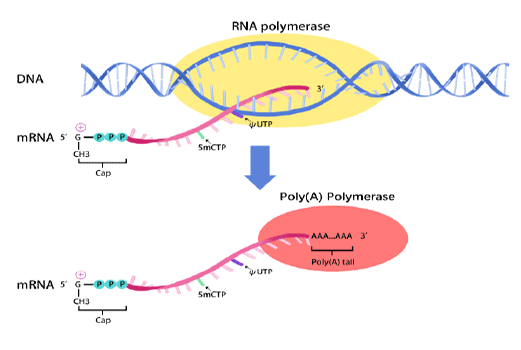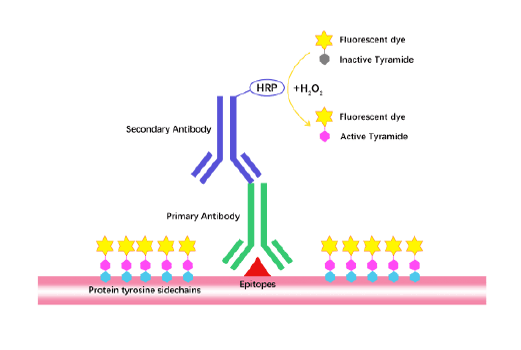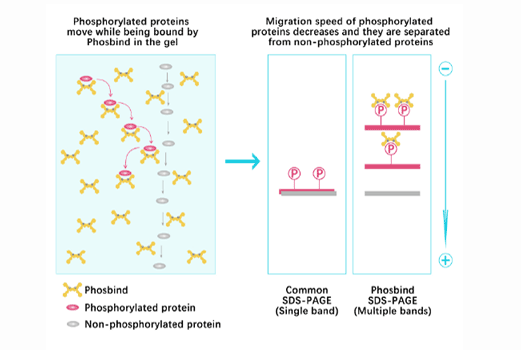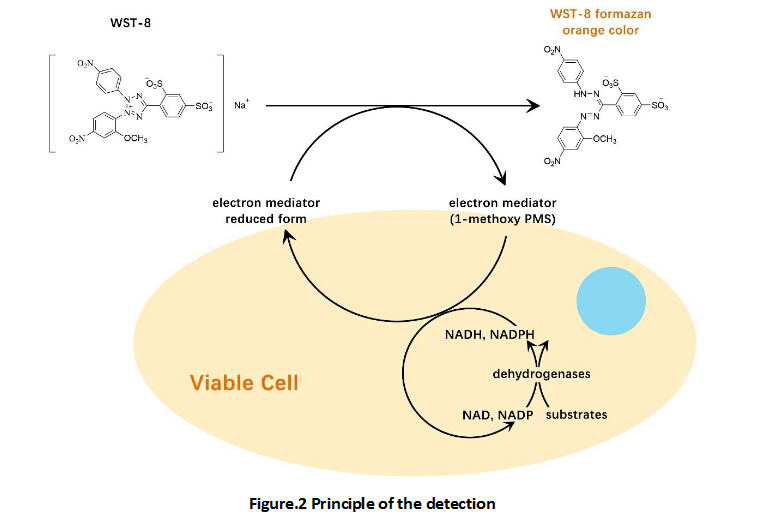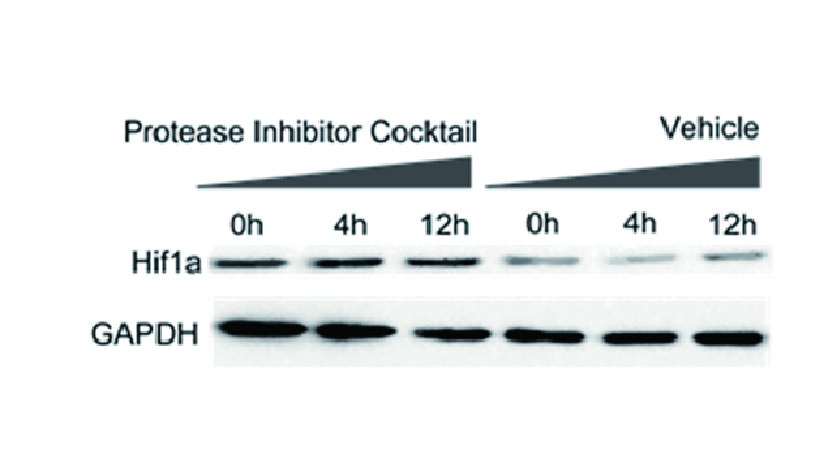Celastrol
Celastrol is a potent proteasome inhibitor [1].Proteasomes are protein complexes that degrading unneeded or damaged proteins by proteolysis.
Celastrol is a potent proteasome inhibitor and an antioxidant, anti-inflammatory and immunosuppressive agent. In a cell-free proteasome activity assay, Celastrol inhibits the chymotrypsin-like activity of a purified rabbit 20S proteasome at 2.5umol and human prostate cancer cellular 26S proteasome at 1-5 μmol. In PC-3 and LNCaP (AR-positive) cells, Celastrol results in the accumulation of ubiquitinated proteins and proteasome substrates (IKB-A, Bax, and p27), and induction of apoptosis [1]. In KBM-5 cells, Celastrol enhances TNF-induced apoptosis by 2% to 92%. In the tumor cells, Celastrol inhibited TNF-induced tumor-cell invasion by 12-fold [2]. In human PBMCs, Celastrol inhibited LPS-induced TNF-α production with IC50 value of 70 nM and LPS-induced IL 113 production with IC50 value of 30nM in a dose-dependent way [3].
In PC-3 tumor–bearing nude mice, Celastrol (1-3 mg/kg/d,1-31 days) inhibited the tumor growth by 65-93% [1].
References:
[1]. Yang H, Chen D, Cui QC, et al. Celastrol, a triterpene extracted from the Chinese "Thunder of God Vine," is a potent proteasome inhibitor and suppresses human prostate cancer growth in nude mice. Cancer Res, 2006, 66(9): 4758-4765.
[2]. Allison AC, Cacabelos R, Lombardi VR, et al. Celastrol, a potent antioxidant and anti-inflammatory drug, as a possible treatment for Alzheimer's disease. Prog Neuropsychopharmacol Biol Psychiatry, 2001, 25(7):,1341-1357.
[3]. Sethi G, Ahn KS, Pandey MK, et al. Celastrol, a novel triterpene, potentiates TNF-induced apoptosis and suppresses invasion of tumor cells by inhibiting NF-kappaB-regulated gene products and TAK1-mediated NF-kappaB activation. Blood, 2007, 109(7): 2727-2735.
| Physical Appearance | A solid |
| Storage | Store at -20°C |
| M.Wt | 450.61 |
| Cas No. | 34157-83-0 |
| Formula | C29H38O4 |
| Solubility | ≥22.55 mg/mL in DMSO; insoluble in H2O; insoluble in EtOH |
| Chemical Name | (2R,4aS,6aR,6aS,14aS,14bR)-10-hydroxy-2,4a,6a,6a,9,14a-hexamethyl-11-oxo-1,3,4,5,6,13,14,14b-octahydropicene-2-carboxylic acid |
| SDF | Download SDF |
| Canonical SMILES | C[C@@](CC[C@](C)(C1)C(O)=O)(CC2)[C@@H]1[C@](C)(CC[C@]13C)[C@@]2(C)C1=CC=C(C(C)=C1O)C3=CC1=O |
| Shipping Condition | Small Molecules with Blue Ice, Modified Nucleotides with Dry Ice. |
| General tips | We do not recommend long-term storage for the solution, please use it up soon. |
| Kinase experiment [1]: | |
|
Inhibition of purified 20S proteasome activity |
A purified rabbit 20S proteasome (0.1 μg) was incubated with 40 μM of various fluorogenic peptide substrates in 100 μL assay buffer (20 mM Tris-HCl (pH 7.5)), in the presence of Celastrol at different concentrations or in the solvent DMSO for 2 hrs at 37℃, followed by measurement of inhibition of each proteasomal activity. |
| Cell experiment [1]: | |
|
Cell lines |
Androgen-independent PC-3 prostate cancer cells |
|
Preparation method |
The solubility of this compound in DMSO is > 22.6 mg/mL. General tips for obtaining a higher concentration: Please warm the tube at 37 °C for 10 minutes and/or shake it in the ultrasonic bath for a while. Stock solution can be stored below - 20 °C for several months. |
|
Reacting condition |
0.5 ~ 5 μM |
|
Applications |
In PC-3 cells, Celastrol significantly inhibited the proteasomal chymotrypsin activity in a concentration-dependent manner. On the other hand, Celastrol concentration-dependently elevated the level of ubiquitinated proteins. Increased levels of IκB-α, Bax and p27 were also observed in PC-3 cells treated with Celastrol. |
| Animal experiment [1]: | |
|
Animal models |
Nude mice bearing C4-2B tumors |
|
Dosage form |
1 or 3 mg/kg/day; i.p.; for 16 days |
|
Applications |
In nude mice bearing C4-2B tumors, Celastrol (3 mg/kg) significantly inhibited tumor growth (up to 70%), which was associated with increased p27 and Bax levels. Celastrol at the dose of 3 mg/kg also resulted in more apoptotic tumor cells with the appearance of various PARP cleavage fragments in xenograft tumors. In addition, Celastrol (3 mg/kg) caused 35% of tumor inhibition, which was correlated to decreased proteasome activity and down-regulated AR protein expression. |
|
Other notes |
Please test the solubility of all compounds indoor, and the actual solubility may slightly differ with the theoretical value. This is caused by an experimental system error and it is normal. |
|
References: [1]. Yang H, Chen D, Cui QC, et al. Celastrol, a triterpene extracted from the Chinese "Thunder of God Vine," is a potent proteasome inhibitor and suppresses human prostate cancer growth in nude mice. Cancer Res, 2006, 66(9): 4758-4765. |
|
Quality Control & MSDS
- View current batch:
Chemical structure
